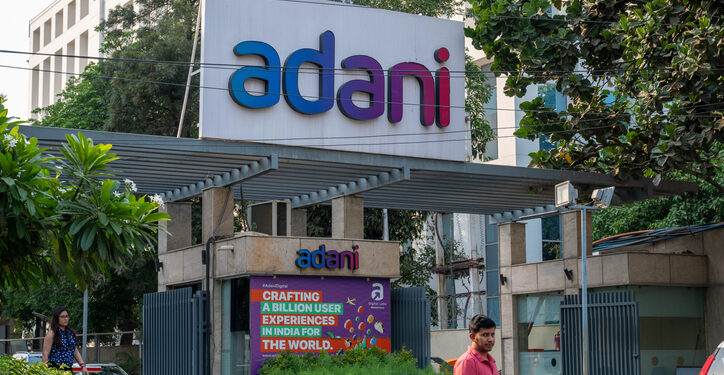On November 20, the U.S. Securities and Exchange Commission (SEC) and Department of Justice (DOJ) announced charges against Indian billionaire Gautam Adani, his nephew Sagar Adani, business associate Cyril Cabanes, and other senior business executives in connection with an alleged $250 million bribery scheme.
According to the U.S. authorities, Adani and his business associates orchestrated a bribery scheme to enable their two renewable energy companies, Adani Green Energy and Azure Power Global, to capitalize on a multi-billion-dollar solar energy project that the companies had been awarded by the Indian government. The SEC alleges that the Adanis were engaged in the bribery scheme during a note offering by Adani Green that raised $750 million, including approximately $175 million from U.S. investors and that the offering note materials included false or misleading statements about its anti-corruption and anti-bribery efforts.
The SEC and DOJ further allege that Cabanes, as well as Saurabh Agarwal and Deepak Malhotra two former employees of a Canadian institutional investor, violated the Foreign Corrupt Practices Act (FCPA) by facilitating the authorization of the hundreds of millions of dollars in bribes allegedly paid to Indian government officials to secure their commitment to purchase energy at above-market rates that would benefit Adani green and Azure Power.
“As alleged, Gautam and Sagar Adani induced U.S. investors to buy Adani Green bonds through an offering process that misrepresented not only that Adani Green had a robust anti-bribery compliance program but also that the company’s senior management had not and would not pay or promise to pay bribes, and Cyril Cabanes participated in the underlying bribery scheme while serving as director of a U.S. public company,” said Sanjay Wadhwa, Acting Director of the SEC’s Division of Enforcement. “We will continue to vigorously pursue and hold individuals, including senior corporate officers and directors, accountable when they violate our securities laws.”
“This indictment alleges schemes to pay over $250 million in bribes to Indian government officials, to lie to investors and banks to raise billions of dollars, and to obstruct justice,” stated Deputy Assistant Attorney General Miller. “These offenses were allegedly committed by senior executives and directors to obtain and finance massive state energy supply contracts through corruption and fraud at the expense of U.S. investors. The Criminal Division will continue to aggressively prosecute corrupt, deceptive, and obstructive conduct that violates U.S. law, no matter where in the world it occurs.”
The Dodd-Frank Act, which established the SEC Whistleblower Program, extended whistleblower provisions to the FCPA in 2010. Through the SEC Whistleblower Program, qualified SEC whistleblowers, individuals who voluntarily report original information that leads to a successful enforcement action, are eligible to receive monetary awards of 10-30% of the funds collected by the government. With its transnational reach, the SEC Whistleblower Program has attracted disclosures on foreign bribery and other violations from thousands of whistleblowers from across the globe.
In August, the DOJ unveiled its own whistleblower award program, which covers FCPA cases not covered under the SEC program. While the program offers awards they are discretionary and are capped, issues whistleblower advocates warn will undermine the program.


